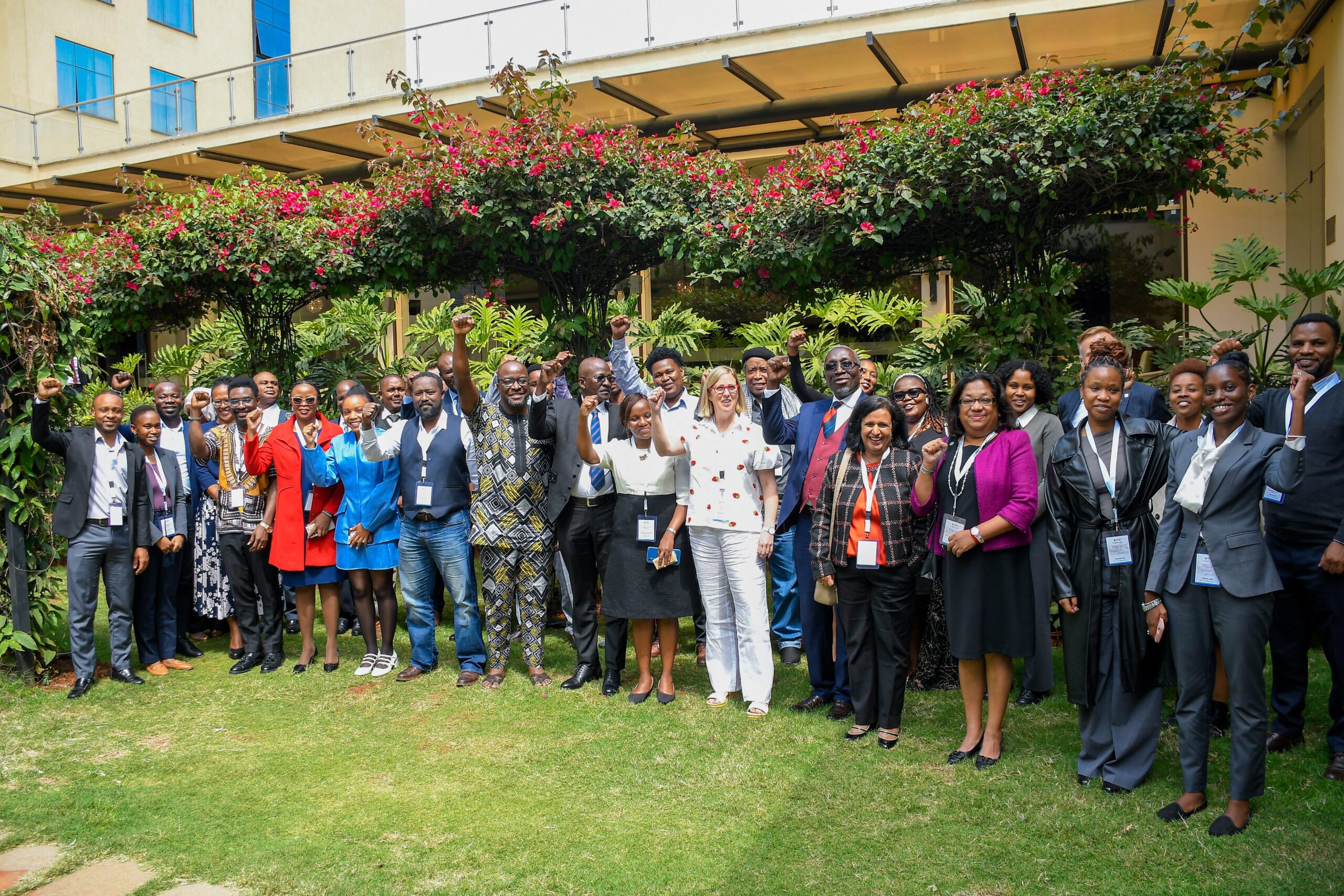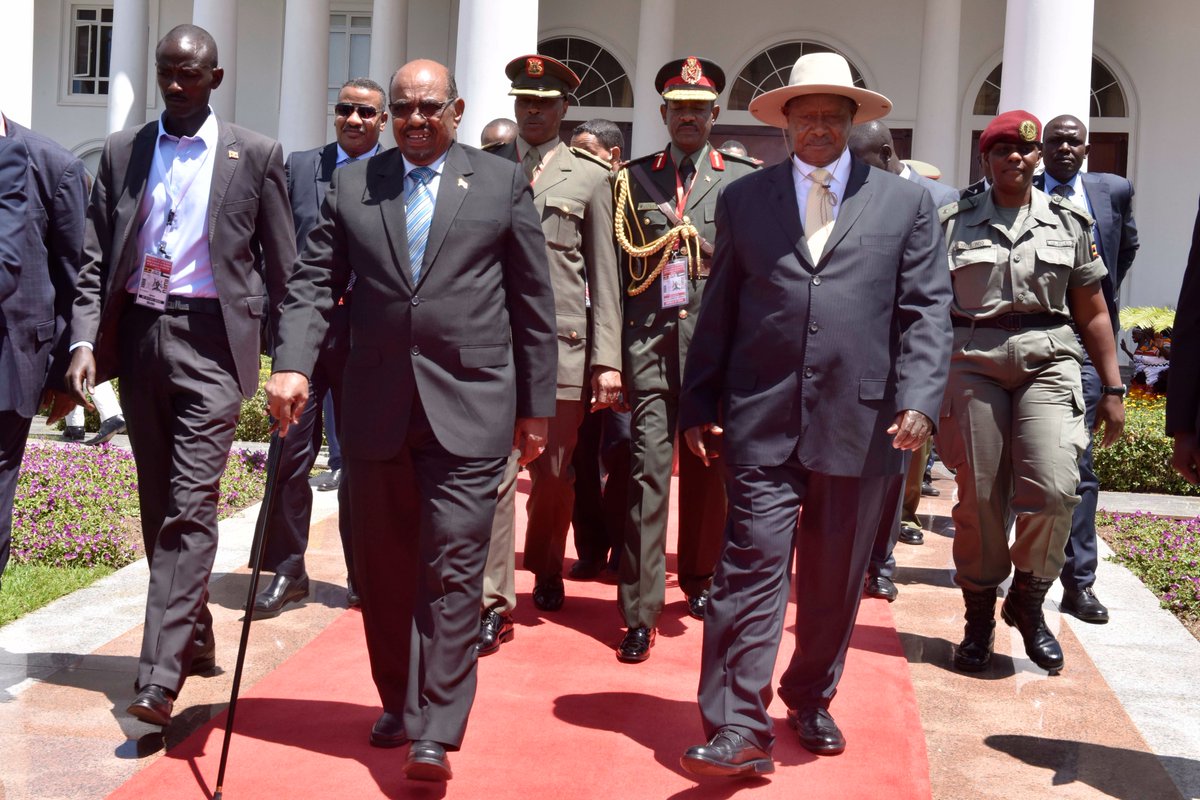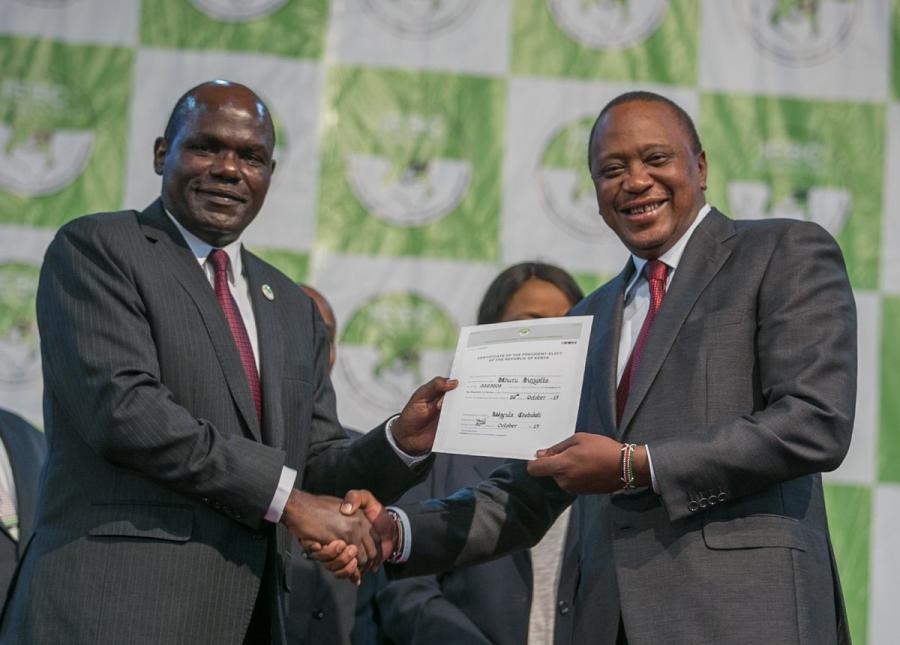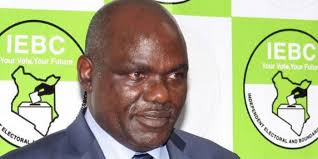13th November 2017: African Civil Society Organizations have expressed concerns over President Omar Al Bashir’s State Visit to Uganda from the 13th -15th of November 2017 in spite of two outstanding warrants of arrest against the Sudanese president. The warrants were issued by the International Criminal Court (ICC) on March 4, 2009 and July 12, 2010 for the alleged perpetration of crimes against humanity, genocide and war crimes in Darfur.
Uganda is a State Party to the Rome Statute of the International Criminal Court having signed the treaty on 17 March 1999, and ratified it on 14 June 2002. Uganda has further domesticated the Rome Statute of the International Criminal Court through the International Criminal Court Act, of 2010, which contains provisions that set out obligations for close cooperation with the court regarding the arrest and surrender of persons for whom arrest warrants have been issued.
In a press statement the CSO’s say that as a state party to the Rome Statute, Uganda has an unequivocal obligation to cooperate with the ICC in relation to the enforcement of warrants of arrest issued against Omar Bashir, which stem from the United Nations Security Council Resolution 1593, whereby the United Nations Security Council urged States to cooperate fully’ with the ICC.
The CSO’s include the Human Rights Network-Uganda, Uganda Coalition for the International Criminal Court and the International Centre for Transitional Justice. Others are Avocats Sans Frontières, Atrocities Watch and the Foundation for Justice and Development Initiative
In May 2016, Omar Bashir travelled to Uganda to attend the Inauguration Ceremony of President Yoweri Museveni. Despite the clear obligations to cooperate with the Court, Uganda did not arrest Omar Al-Bashir and surrender him to the ICC to face trial. Consequently, the Pretrial Chamber of the ICC found Uganda to have failed to comply with its duty to arrest and surrender Omar Al-Bashir to the Court, in accordance with article 89(1) of the Rome Statute, and referred Uganda to the Assembly of State Parties and the UN Security Council.
Article 27 of the Rome Statute disregards the official capacities of Heads of state and states that immunities of Heads of States are of no consequence to the court’s processes. The Pretrial Chamber of the ICC in proceedings to determine whether Uganda had contravened its obligations, under the Rome Statute by failing to arrest Bashir when he was in its territory in May 2016, reiterated that the UN Security Council, acting under Chapter VII of the United Nations Charter, had effectively lifted the immunities of Omar Al-Bashir in Resolution 1593(2005), and therefore a State (Uganda) could not invoke immunities as a justification for failure to arrest and surrender Bashir to the ICC.
The CSO’s also state that Uganda also has obligations under the Constitutive Act of the African Union that obliges states to take measures to fight impunity; this is in addition to obligations under the Great Lakes Protocols that call upon states to arrest and surrender persons who may have committed serious crimes.
Further, the statement says that inviting an international criminal suspect to Uganda not only undermines the fight against impunity which Uganda has for long championed but also betrays the concerns and interests of the Victims of the most heinous crimes.
They called upon the government of Uganda to fulfill its obligations under international and domestic laws by arresting and surrendering President Omar Al Bashir should he be found on Ugandan territory. They also urged the President of Uganda and other Government representatives to support the ICC in its endeavor to fight impunity and achieve global justice. We finally urge the Government of Uganda to maintain a consistent approach to its already existing and embraced commitments to Rome Statute System.
Download full statement>>>>>>>
PHOTO: State House Uganda Twitter Page











